
The Unique Advantages of Hiring People Who Are Blind
What many employers don’t realize is that investing in employees with disabilities will yield tremendous results.

Allyship at Work: How to Advocate for APIDA Employees
The Asian Pacific Islander Desi American (APIDA) is a vital part of the American cultural mosaic, encircling an expansive range of diversity.

Seven Ways To Support Asian American And Pacific Islanders’ Advancement In The Workplace
Companies that recognize a lack of AAPI representation in their leadership pipeline should consider the following ways to support their employees.

3 ways to enhance the Asian American Pacific Islander employee experience
Here are three ways to get started.

What Is Work Culture?
In this article, we provide an overview of the elements of work culture and explain the importance of a healthy culture in the workplace.
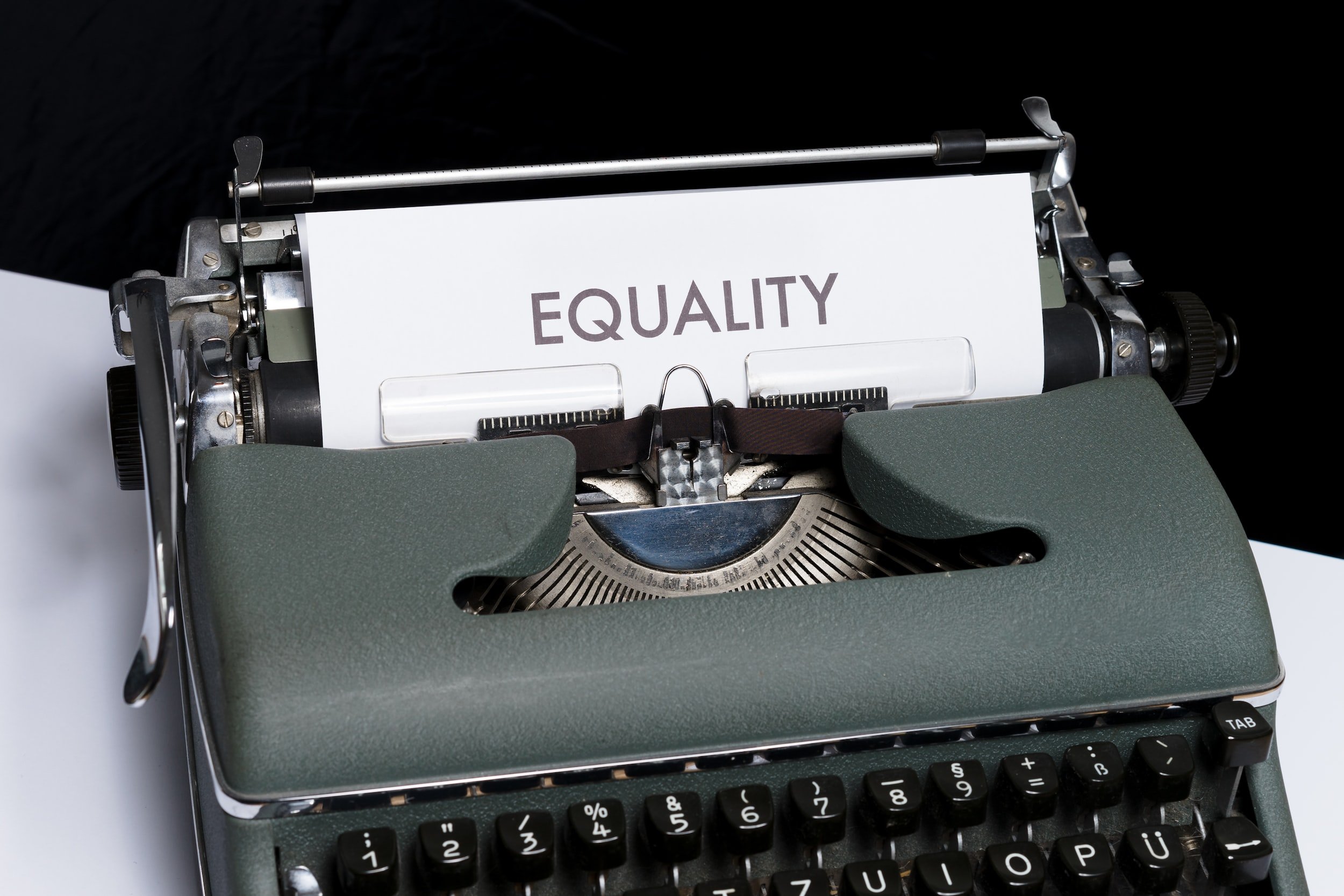
Frequently asked questions about gender equality
The term gender refers to the economic, social and cultural attributes and opportunities associated with being male or female. In most societies, being a man or a woman is not simply a matter of different biological and physical characteristics.
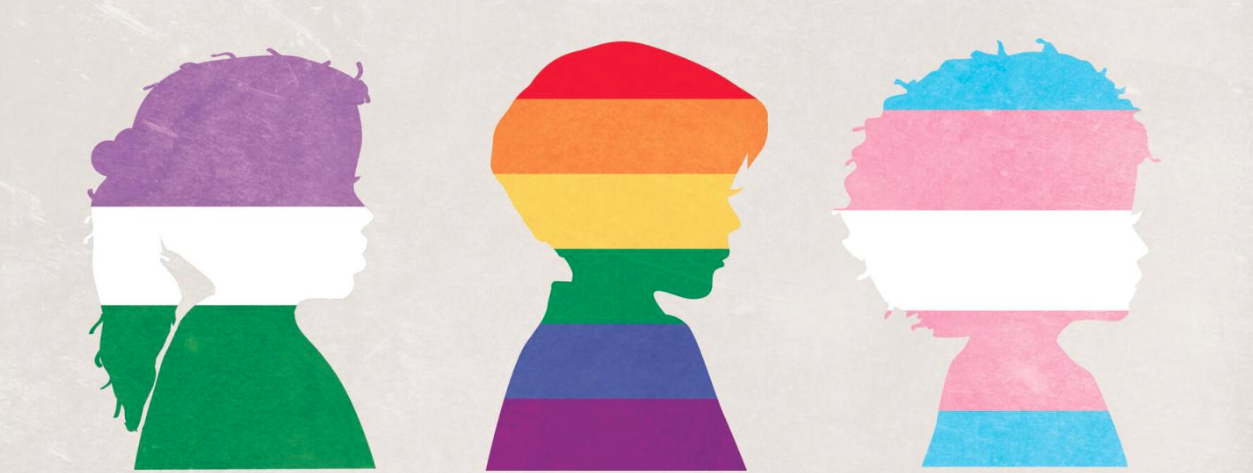
SEX? SEXUAL ORIENTATION? GENDER IDENTITY? GENDER EXPRESSION?
Knowing the difference can make all the difference to students who do not conform to binary norms.

5 Truths About Millennials in the Workplace
Managers and HR leaders often grumble about the trouble with younger workers, particularly Millennials, in the workplace.

Understanding Boomers in the Workplace
Even though Boomers (born 1946 to 1964) are exiting the workforce (10,000 a day), many are working past the traditional retirement age of 65.

The Human Experience is Infinite
To capture the evolving ways in which we describe ourselves, the words we use show us that ‘the human experience is infinite.’

What Life Is Like for Autistic Workers
These employees often face discrimination, bias and bullying in the workplace

7 Strengths Autistic People Bring To The Workplace
Here are seven key strengths autistic people bring to work based on the findings from this research study, which involved asking 66 autistic people to complete an online questionnaire about employment-related strengths that they had experienced.

The value of culture-based education for native american students
Today, we continue to struggle to ensure Native students have access to high-quality education that embraces and relies on their cultural heritage and experiences. So how do we improve?

Native Americans and Freedom of Religion
Despite the First Amendment, the United States' federal policy toward Native Americans and native religions has been inconsistent.
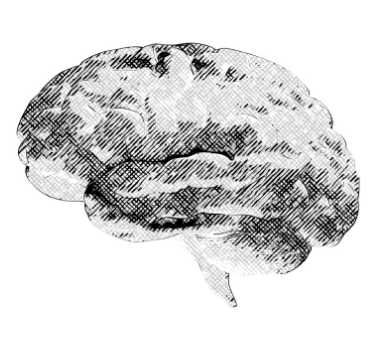
Making people aware of their implicit biases doesn’t usually change minds. But here’s what does work
As awareness of implicit bias and its effects has increased, so has interest in mitigating it. But that is much harder to do than scientists expected.
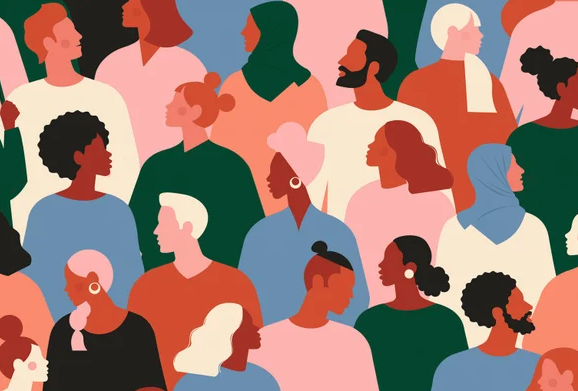
How to Think about ‘Implicit Bias’
Amid a controversy, it’s important to remember that implicit bias is real—and it matters.
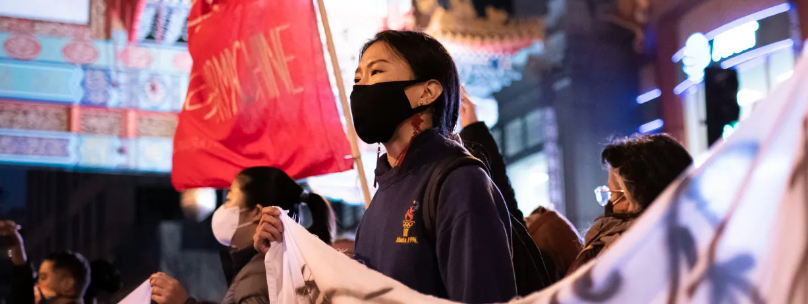
Confronting the invisibility of anti-Asian racism
The invisibility of anti-Asian racism is a reflection of the invisibility of Asians in the American imagination.


Millennials lead shift away from organized religion as pandemic tests Americans’ faith
A Pew Research Center survey found 29% of U.S. adults said they had no religious affiliation, an increase of 6 percentage points from 2016. Millennials are leading the shift away from organized religion, according to the survey. More faith leaders are stepping up their outreach efforts — from social media to revamped sermons — to attract these younger adults.

American religion is becoming less exceptional
In 1972 90% of Americans called themselves Christians; now just 64% do.

